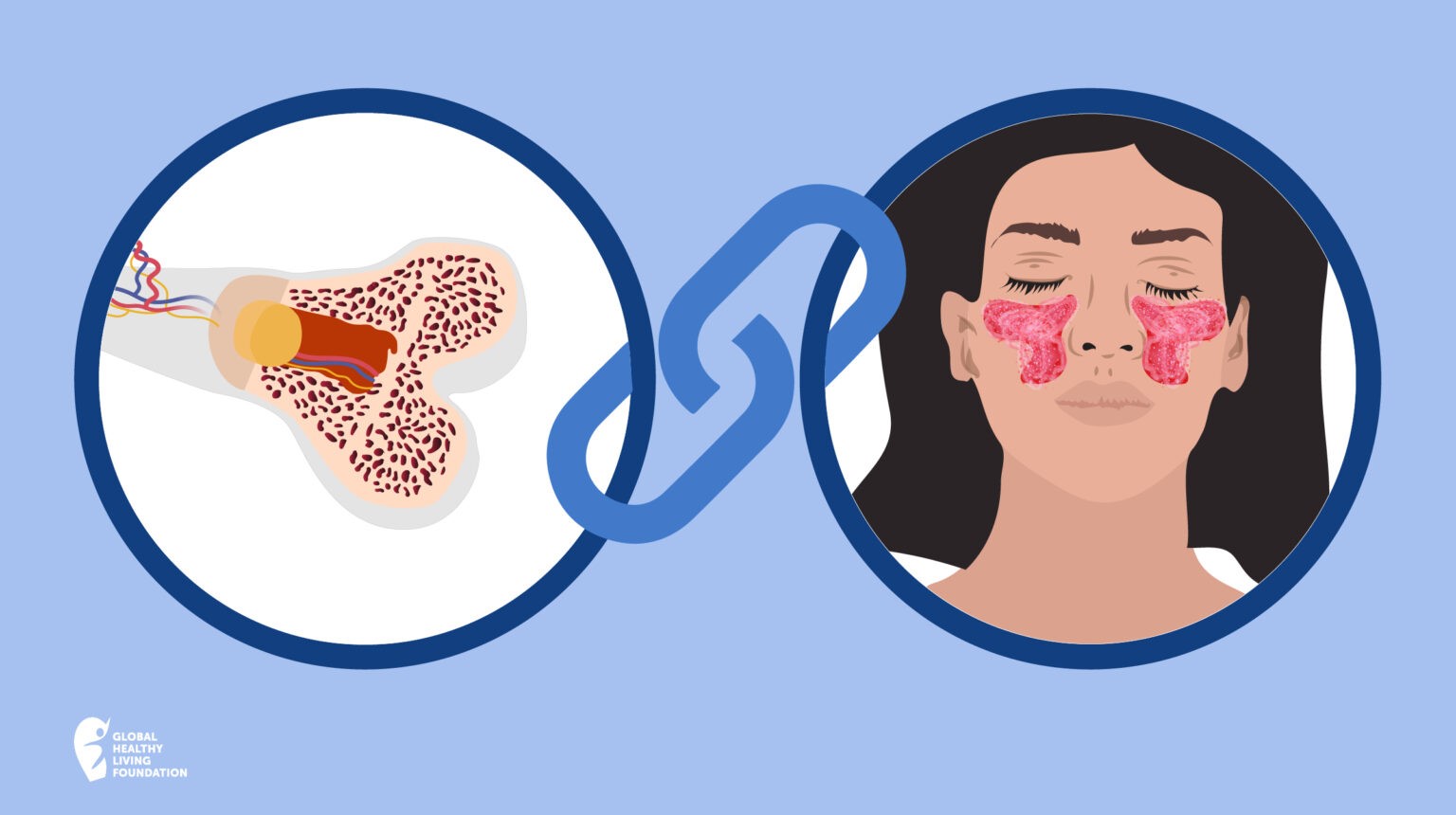Reassessing Your Lifestyle
Having arthritis in any form usually means having to make a number of changes in your life. This can be quite confronting and may take some time to deal with. Just how much change to expect will depend on the type and severity of your arthritis. For some, the changes may be minor but others may need to reassess their whole way of life.
If you have always been a healthy, active person then having to slow down or not be in control of your own body might make you start to question your own identity. It is only natural for us to want to do the things we always planned to do – a career, a family, travel etc. These things may seem unattainable now that you have a chronic condition, but they are all still very achievable. You certainly do not need to throw your dreams out the window!
What changes can I expect?
Changes or restrictions in your mobility can mean that you can’t do everything you used to do, at least not in the same way. Flares are very unpredictable so events or tasks you had planned might need to be rescheduled.. Fatigue is a major issue for many. Simply not having enough energy to get through the day can mean that many social and leisure activities become too hard and you may have to say no to things.
You might be the sort of person who has always maintained a healthy diet or has rarely been sick so suddenly being faced with having to take medications might go against your personal values. Dealing with doctors, understanding medical terms and trying to explain your condition to others could also be part of a huge learning curve for you.
What impact could they have?
The changes you may have to face can impact your life in many ways. While some may be fairly obvious others may surface in things that we generally take for granted. Areas where arthritis may affect you include:
Physical impacts
- Walking, shopping, driving or using public transport
- Lifting things
- Sitting for long periods
- Getting good quality sleep
- Staying mentally focused due to fatigue or ‘brain fog’
- Cooking and cleaning
- Personal grooming
- Doing your favourite craft or hobby
- Playing sport
- Holding or hugging your child
Social impacts
- Going out with your friends
- Dating
- Planning ahead
- Discussing your condition at work
Emotional impacts
- Feeling frustrated when others don’t understand your condition
- Getting the emotional support you need from your relationships
- Having to rethink your personal, family or career plans
- Losing your sense of identity
What can I do?
While this all may seem like doom and gloom, they are simply some of the realities that may occur. And remember, for every challenge you may face there is always a way of addressing it. So they do not have to overshadow your life. It is definitely possible to live a full and happy life with arthritis.
It is well documented that those who have the best quality of life while living with arthritis are those that take it on with a positive attitude. When you shift the focus from what you can’t do to what you CAN do, suddenly the world seems a much brighter place again.
Acknowledging and accepting your condition as being part of your life is an important step for anyone. It is not the same as ‘giving in’ to it, but more about being in control and putting your condition in the back seat It’s not an easy process and doesn’t happen overnight. Many people need to move through stages of grief for the loss of their former way of life before they can move forward. If you are at this point, seeking professional help could be very useful – it is not a sign of weakness but a sign of courage and conviction that you are willing to move forward. You might also consider seeing a dietician, physiotherapist or other allied health professional to find better ways to help you manage daily life.
Learning as much as you can about your condition will often take away or lessen many of your fears. Be proactive and look for ways that you can help yourself and explore new possibilities. You might consider a different job within the same industry, finding gadgets to help around the house, asking your friends to bring a plate for dinner at your place or finding new creative outlets.
Don’t be afraid to ask for help. When your family, friends or employers understand what you can and can’t do, most will be more than happy to accommodate you. While some may disappoint you, others may take you by surprise and give you even more support than you expect.
Take the time to look after yourself – you need it and you deserve it. This may simply mean taking time to rest during the day, eating well or keeping yourself well groomed. It is no secret that when you look better you feel better. Treat yourself to little things and make some ‘me time’ as often as you can. While these won’t take away your pain they can certainly help to take your mind off it.
Where can I get help?
Turn to the people around you. Your friends and family can often be your most ardent supporters. Also, joining a support group is a great way to meet others in similar situations with whom you can ask advice and share your experiences. Many have regular meetings or social events and you will also find more and more groups online which is great for daily support especially if you can’t get to a ‘physical’ meeting.
The arthritis association in your state or territory can provide you with all sorts of information and direct you to relevant healthcare professionals and support groups near you. Also contact Centrelink, your GP, local council or community health centre to see what other services you can access such as counselling, transport, home help, exercise programs and much more.
You may find that while arthritis may have closed some doors in your life, others are now open wide full of possibilities for you to explore. Your life is what you make of it so why not make it a great one!





